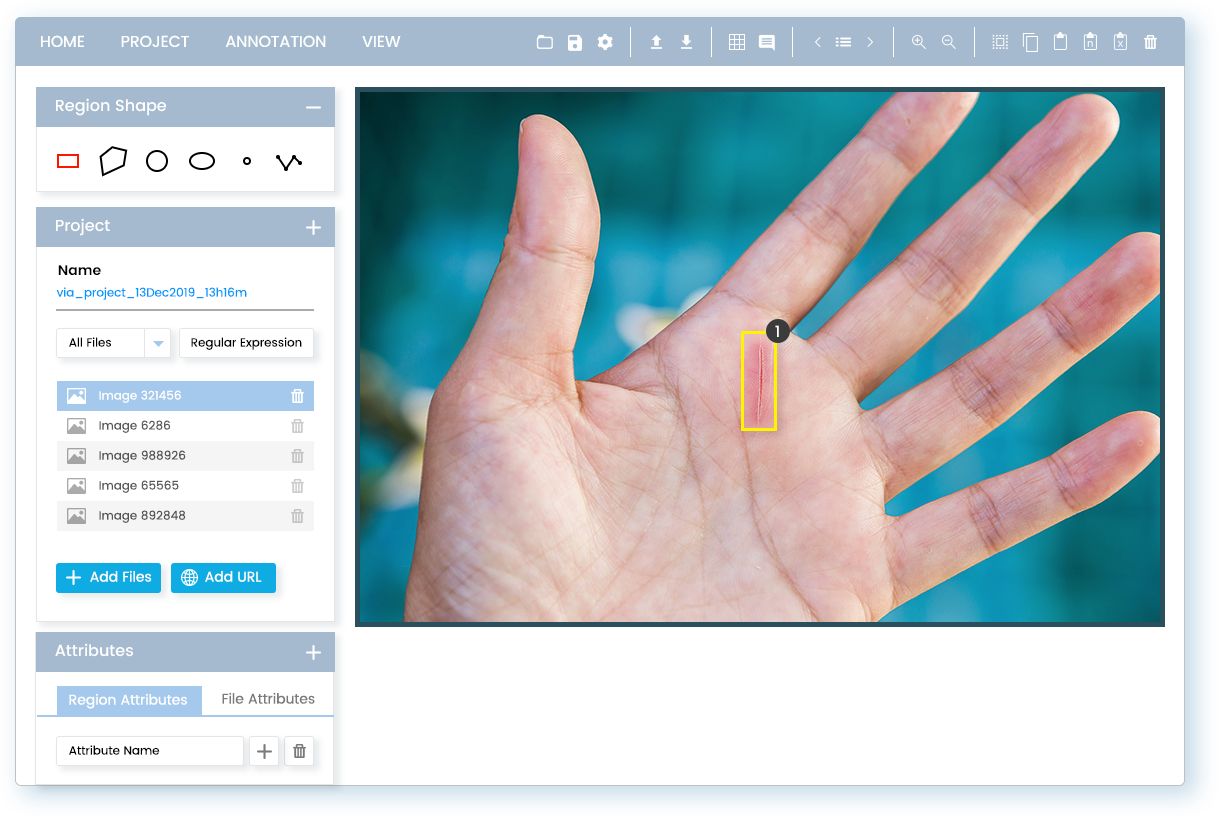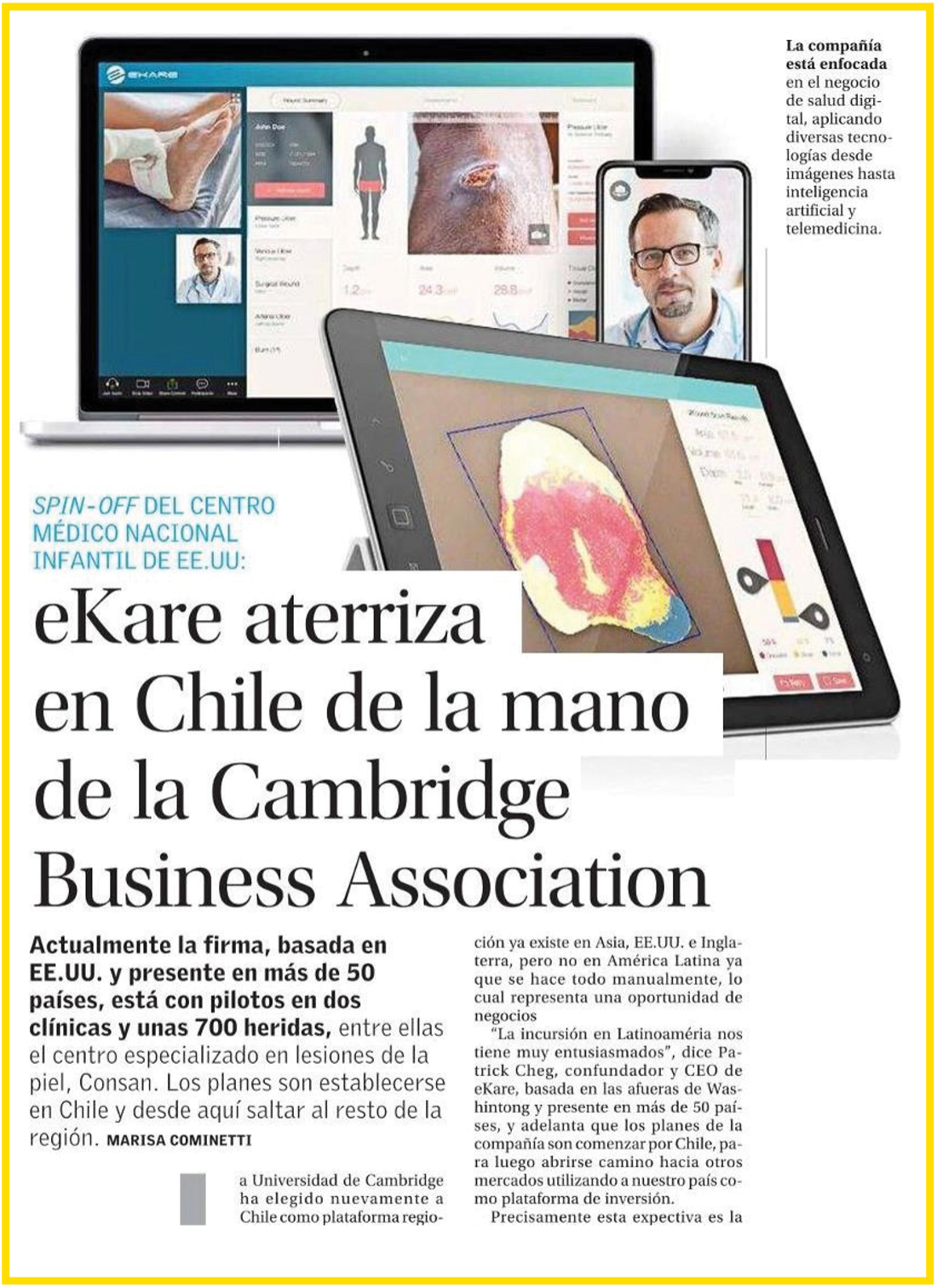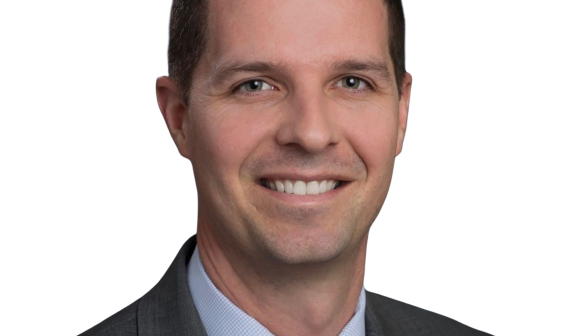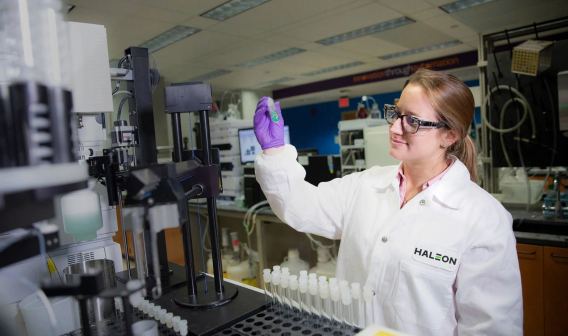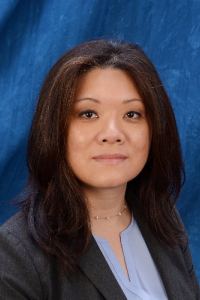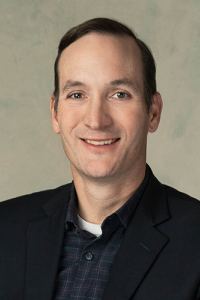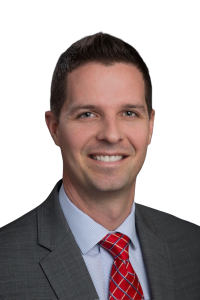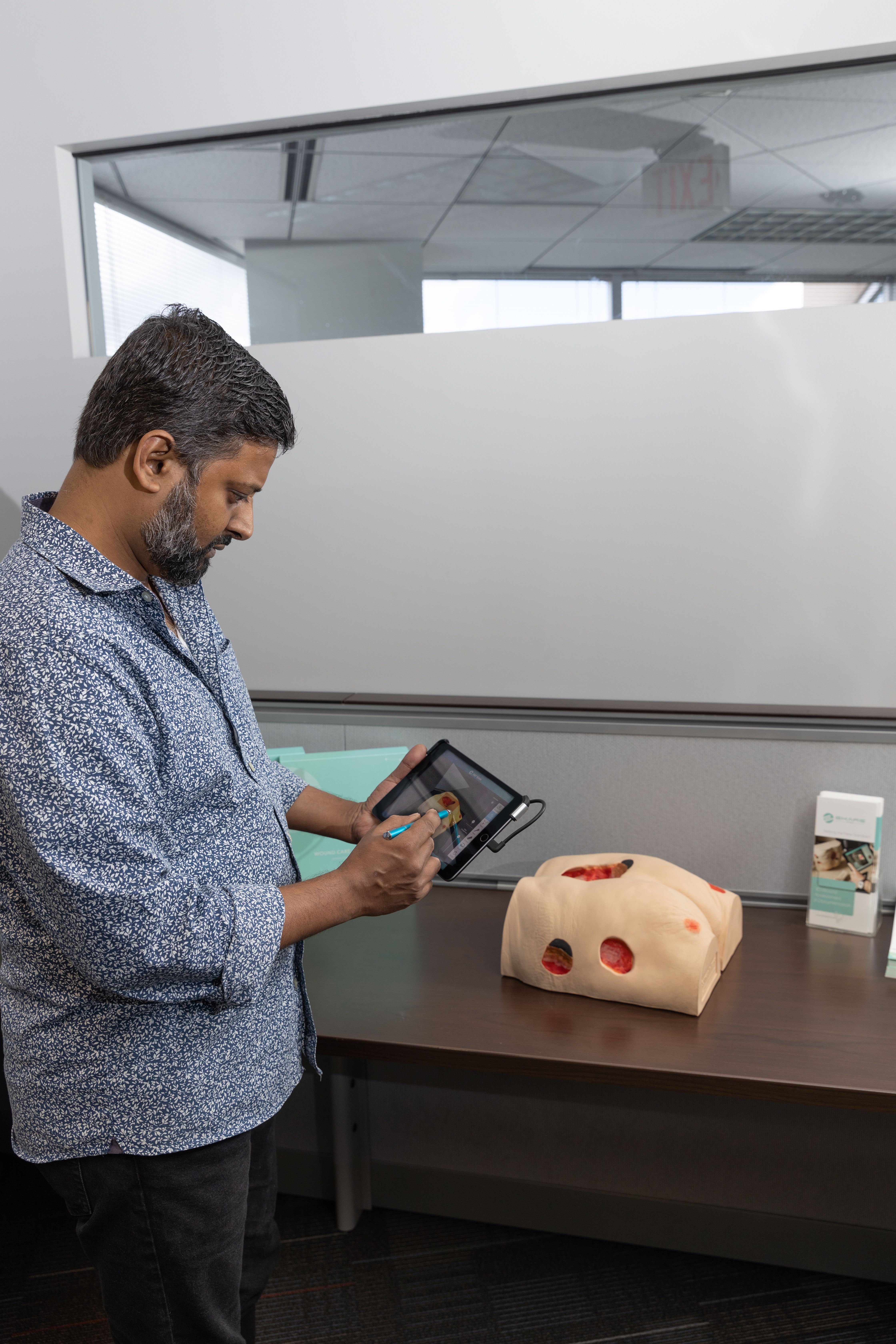
eKare, Inc., Fairfax County
As they refined the technology, though, they realized its potential in the wound care space could be even greater. That’s when Cheng, with a passion for business health tech, Wu, a biomedical engineer and physician, and Güler, an imaging scientist, united to launch eKare.
“Fundamentally, we wanted to advance the wound imaging and diagnostics by bringing cutting-edge technology to the familiar smartphone,” Cheng said. “The technology has enabled providers to capture and assess complex wounds by just point and shoot. The higher-quality cameras in today’s smartphones open up the possibility for unprecedented levels of clear, 3D imaging, and the platform enabled providers to streamline and standardize clinical workflow and documentation.”
Cheng, Wu, and Güler built inSight®, a 3D digital wound management platform now used by thousands of organizations worldwide, from large Fortune 500 conglomerates to small emergency rooms and medical clinics. But the company’s journey to global market reach was filled with challenges — and finding the right partners and platforms through which to grow the business.
Scaling Up Internationally
When eKare first launched, there was great excitement about its technology. Medical professionals relying on expensive equipment to image patients’ wounds were presented the option of using a smartphone. Imaging could be done more quickly, at lower cost, and with highly accurate measurements.
inSight was only the beginning of eKare’s journey; other challenges in marketing, pricing, and expansion lay ahead. That went doubly so in international markets that did not yet see the need for the product — or that were a challenge for a new U.S. firm to reach.
In addition to its own outreach, Cheng said, working with VEDP’s International Trade division helped eKare reach those global business opportunities. The company originally leveraged multiple grant programs through VEDP to assist with early-stage fundraising and took advantage of VEDP’s market research capabilities, particularly as eKare sought to understand the global market landscape.
All of this was critical because many factors are key for healthcare technology startups — reimbursement arrangements within clinics, integrating a new technology into a medical practice’s IT environment, and clearly marketing how a technology will substantively improve care. eKare increasingly needed to navigate new frontiers beyond research and development.
Now, eKare has partnerships with a number of organizations in Singapore and Hong Kong. Its largest international markets are the United Kingdom and the European Union, and it has a Dutch subsidiary, eKare Europe.
Finding the Right Partners
Marketing eKare’s technology internationally was a big step in the company’s journey. Finding the right partners has also been crucial.
“Every specialty is like its own mini-industry within healthcare. They have their own associations; they have their own groups of people that they talk to,” Cheng said. “It’s very important for us when we go into the space to find the companies that are good potential partners. If we don’t interact with the right type of company, even if they’re in the healthcare industry, it might not be a good fit.”
VEDP helped arrange meetings with other companies, as well as participation in specialized health tech conferences and trade shows. Even during the COVID-19 pandemic, eKare participated in a virtual trade mission to South Korea and Japan, an opportunity VEDP helped facilitate. As a result, Cheng said, eKare was able to connect with a Japanese company that works in a similar area — and that may potentially serve as a future partner for the company. More recently, eKare was selected to participate in VEDP’s Virginia Leaders in Export Trade (VALET) program.

